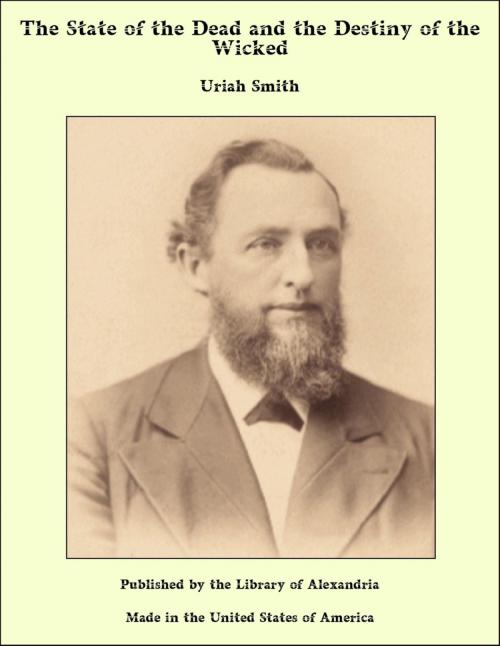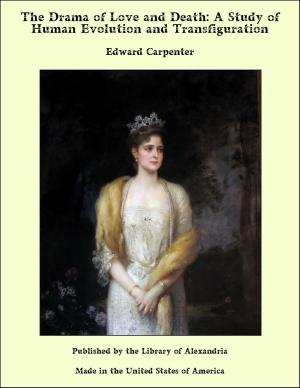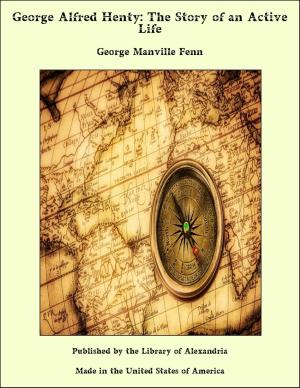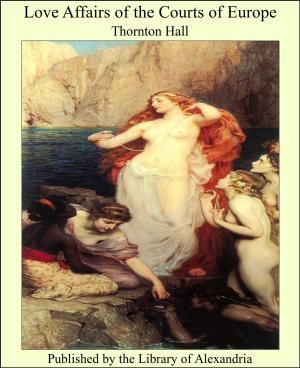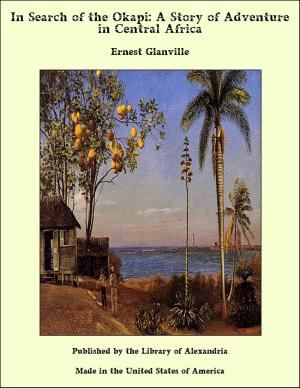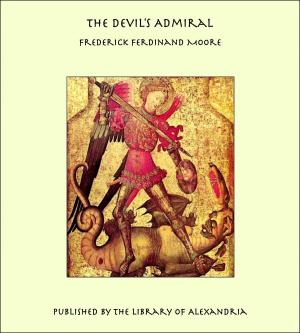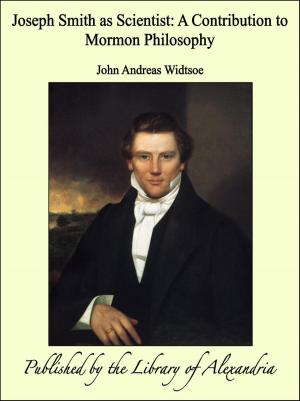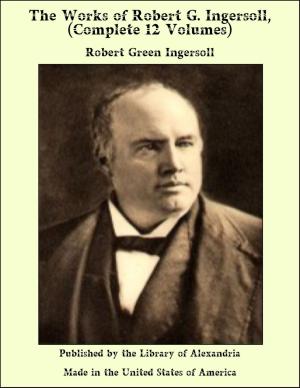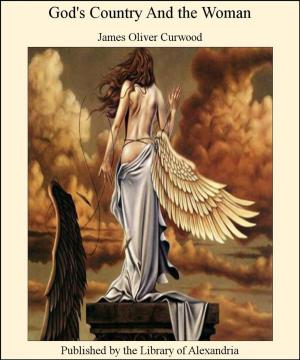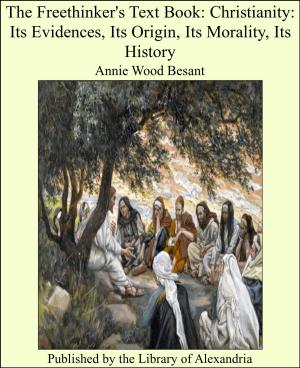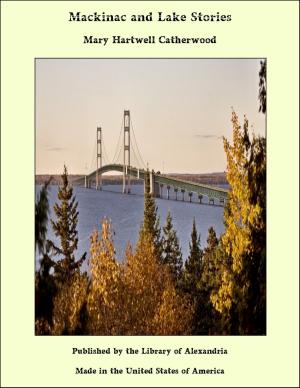The State of the Dead and the Destiny of the Wicked
Nonfiction, Religion & Spirituality, New Age, History, Fiction & Literature| Author: | Uriah Smith | ISBN: | 9781465614858 |
| Publisher: | Library of Alexandria | Publication: | March 8, 2015 |
| Imprint: | Language: | English |
| Author: | Uriah Smith |
| ISBN: | 9781465614858 |
| Publisher: | Library of Alexandria |
| Publication: | March 8, 2015 |
| Imprint: | |
| Language: | English |
Gradually the mind awakes to the mystery of life. Excepting only the first pair, every adult member of the human race has come up through the helplessness of infancy and the limited acquirements of childhood. All have reached their full capacity to think and do, only by the slow development of their mental and physical powers. Without either counsel or co-operation of our own, we find ourselves on the plane of human existence, subject to all the conditions of the race, and hastening forward to its destiny, whatever it may be. A retinue of mysterious inquiries throng our steps. Whence came this order of things? Who ordained this arrangement? For what purpose are we here? What is our nature? What are our obligations? And whither are we bound? Life, what a mystery! Having commenced, will it ever end? Once we did not exist; are we destined to that condition again? Death we see everywhere around us. Its victims are silent, cold, and still. They give no outward evidence of retaining any of those faculties, mental, emotional, or physical, which distinguished them when living. Is death the end of all these? And is death the extinction of the race? These are questions which have ever excited in the human mind an intensity of thought, and a strength of feeling, which no other subjects can produce. To these questions, so well-defined, so definite in their demands, and of such all-absorbing interest, where shall we look for an answer? Have we any means within our reach by which to solve these problems? We look abroad upon the earth and admire its multiplied forms of life and beauty; we mark the revolving seasons and the uniform and beneficent operations of nature; we look to the heavenly bodies and behold their glory, and the regularity of their mighty motions--do these answer our questions? They tell us something, but not all. They tell us of the great Creator and upholder of all things; for, as the apostle says, “The invisible things of him from the creation of the world are clearly seen, being understood by the things that are made, even his eternal power and Godhead.” They tell us upon whom our existence depends and to whom we are amenable. But this only intensifies our anxiety a thousand fold. For now we want to know upon what conditions his favor is suspended. What must we do to meet his requirements? How may we secure his approbation? He surely is a being who will reward virtue and punish sin. Sometime our deeds must be compared with his requirements, and sentence be rendered in accordance therewith. How will this affect our future existence? Deriving it from him, does he suspend its continuance on our obedience? or has he made us self-existent beings, so that we must live forever, if not in his favor, then the conscious recipients of his wrath?
Gradually the mind awakes to the mystery of life. Excepting only the first pair, every adult member of the human race has come up through the helplessness of infancy and the limited acquirements of childhood. All have reached their full capacity to think and do, only by the slow development of their mental and physical powers. Without either counsel or co-operation of our own, we find ourselves on the plane of human existence, subject to all the conditions of the race, and hastening forward to its destiny, whatever it may be. A retinue of mysterious inquiries throng our steps. Whence came this order of things? Who ordained this arrangement? For what purpose are we here? What is our nature? What are our obligations? And whither are we bound? Life, what a mystery! Having commenced, will it ever end? Once we did not exist; are we destined to that condition again? Death we see everywhere around us. Its victims are silent, cold, and still. They give no outward evidence of retaining any of those faculties, mental, emotional, or physical, which distinguished them when living. Is death the end of all these? And is death the extinction of the race? These are questions which have ever excited in the human mind an intensity of thought, and a strength of feeling, which no other subjects can produce. To these questions, so well-defined, so definite in their demands, and of such all-absorbing interest, where shall we look for an answer? Have we any means within our reach by which to solve these problems? We look abroad upon the earth and admire its multiplied forms of life and beauty; we mark the revolving seasons and the uniform and beneficent operations of nature; we look to the heavenly bodies and behold their glory, and the regularity of their mighty motions--do these answer our questions? They tell us something, but not all. They tell us of the great Creator and upholder of all things; for, as the apostle says, “The invisible things of him from the creation of the world are clearly seen, being understood by the things that are made, even his eternal power and Godhead.” They tell us upon whom our existence depends and to whom we are amenable. But this only intensifies our anxiety a thousand fold. For now we want to know upon what conditions his favor is suspended. What must we do to meet his requirements? How may we secure his approbation? He surely is a being who will reward virtue and punish sin. Sometime our deeds must be compared with his requirements, and sentence be rendered in accordance therewith. How will this affect our future existence? Deriving it from him, does he suspend its continuance on our obedience? or has he made us self-existent beings, so that we must live forever, if not in his favor, then the conscious recipients of his wrath?
